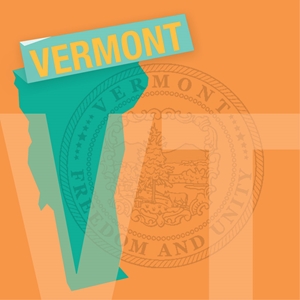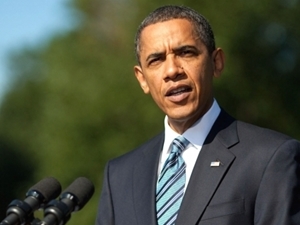
With only days remaining until the March 31 open enrollment deadline – the time in which those who don't have employee benefits are required to secure a policy if they want to avoid the financial penalty that it comes with – fewer people have enrolled through the exchanges than health officials anticipated. However, the marketplaces in the East Coast appear to be signing people up at a faster clip than other regions, according to new data from the Kaiser Family Foundation.
Vermont has managed to enroll more people than any other, at approximately 54 percent of the eligible population, The Washington Post reported. Following the Green Mountain State is Rhode Island and Connecticut at 27 percent. Meanwhile, the West, South and Midwest, respectively, follow the Northeastern region in overall enrollment rates.
At the same time, though, when it comes to the expansion of Medicaid, the West leads the way. The Washington Post indicated based on a study performed by the Rockefeller Institute of Government at the State University of New York, Alaska, Idaho and Montana were the only states opting not to expand Medicaid of the 13 states that make up the West.
"As the fourth anniversary of the signing of the Affordable Care Act approaches, signs of change, along with patterns of the law's effects, are emerging," said Richard Nathan, project director at the Rockefeller Institute. "But it will take a long time to assess the law's ultimate effects."
He added that members of the institute are intent on keeping track of how the ACA will impact the overall health care industry in the coming months and years.
The analysis, "First Regional Reports: Implementation of the Affordable Care Act in Western States," can be accessed at the institute's website.





